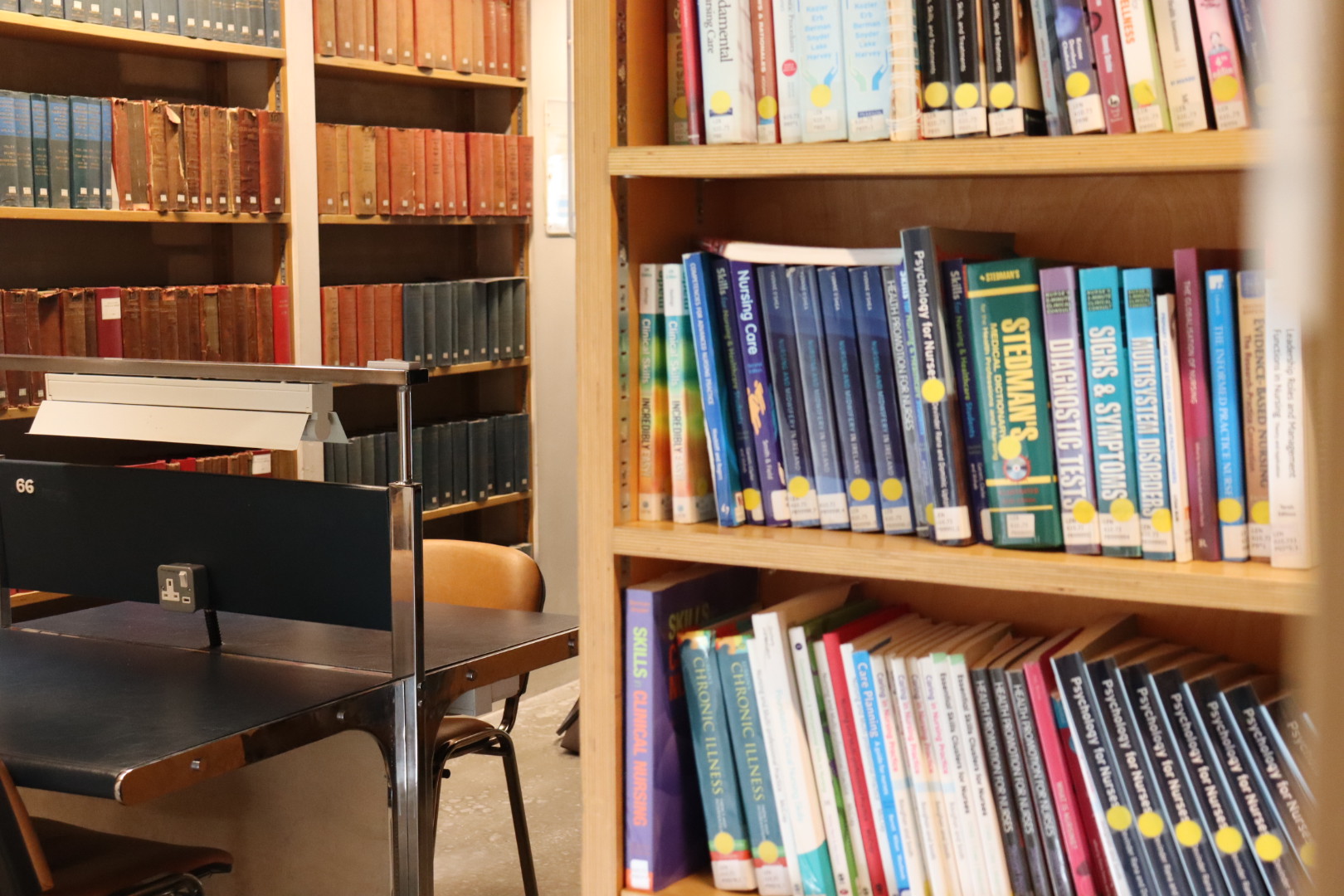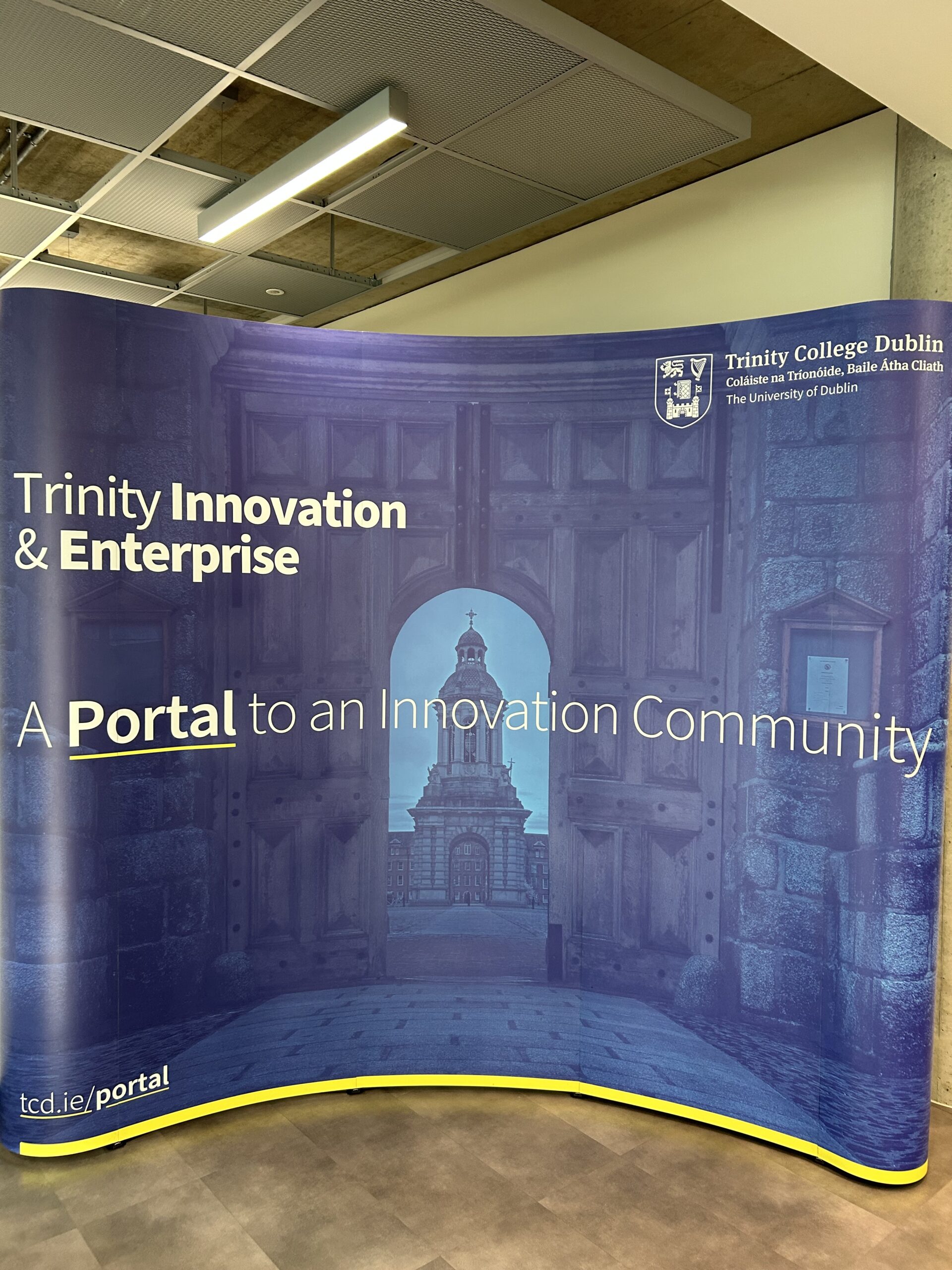
To mark International Women’s Day yesterday, cultural institutions around Dublin organised various virtual events to amplify the voices of women internationally.
The Irish Film Institute, in collaboration with Dublin Feminist Film Festival, screened the powerful documentary Sisters With Transistors. Directed by Lisa Rovner, the documentary film follows the evolution of electronic music and the women who pioneered the genre.
There was a clear evolution in the transition from black and white to colour film throughout the documentary – as you watched, you were taken on the journey towards a new era in music composition.
The defining feature of this film was its treatment of footage like a visual collage. The documentary opened with an amateur shot of a couple dancing to no music. A high-pitched electronic beat then faded into the clip and a woman’s voice told us: “This is the story of women who hear music in their heads.”
This mysterious opening was followed by a series of clips: a sonic wave, a woman adjusting a transistor. These snippets set the scene for the brilliant use of authentic footage to follow – Footage of the women themselves and the world at the time, including Monty Python-style cartoons and illustrations, brought their empowering stories to life.
Along with the new-found freedom women obtained during the war, the events themselves shaped the musicality and compositional style of one of the women, Delia Derbyshire. In the documentary, Derbyshire revealed that she was influenced by the “abstract sounds” of the air raids during the London Blitz of 1940. Doctor Who fans may recognise Derbyshire as the composer of its legendary theme song which was one of the first uses of electronic music. Her music changed perceptions of the genre, which had previously been met with considerable scepticism.
One of the most radical women featured is Pauline Oliveros. Founder of the San Francisco Tape Music Centre, Oliveros promoted concepts of “deep-listening” and “sonic awareness” through electronic music. She performed using tape recorders, conscious of the fact that technology was a means for women to escape the misogyny of classical music composition. As an openly gay woman in the 1950s, “feminism was at the centre of what she was doing”.
Laurie Spiegel, the final composer featured in the film, created her own software for writing synthesized music. She described how she “needed something that was under [her] control.” Having no female role models, women like Spiegel had to create their own style of music. Spiegel rejoices that “the music in our heads can now be heard by others”.
Ultimately, Sisters with Transistors is a film about representation and opportunity. The women featured used technology to break the glass ceiling of music composition – a notoriously male-dominated profession – and rather than breaking into the industry, created their own space within it. Its empowering message of equality and women’s struggle made it the perfect watch this International Women’s Day.
Moving away from film, Dublin Theatre Festival hosted a panel discussion to mark International Women’s Day, which tackled the topic of women in leadership. Moderated by Maria Fleming, the panellists included playwright Deirdre Kinahan, Landmark Theatre’s Anne Clarke, Gorm TV’s Mamobo Ogoro, the first female chairperson of Dublin law firm, Matheson, Tara Doyle and Minister for Tourism, Culture, Arts, Gaeltacht, Sport and Media Catherine Martin.
The discussion opened with Kinahan reading an extract from a work-in-progress. The piece captured the vivacity of life and the desperation of someone trying to survive in the wake of a cancer diagnosis. It set the tone for the discussion to come, feeling comedic and tragic at times.
Martin was asked about amplification – a concept coined by the first Obama administration where women weren’t feeling heard – and its role in the Women’s Caucus. She responded that she had encouraged her female colleagues “to park our party politics to one side and see what we can do if we unite… to shine a light on things that are affecting women right across the world”. Martin also remarked that the discourse surrounding Minister for Justice Helen McEntee at present demonstrates the legacy of “a male-dominated Dáil”. “The very fact that there’s such a dilemma now” she continued, “…shows us clearly that there’s so much more that needs to be done”.
Mamobo Ogoro affirmed a point about the importance of visibility, also made by Tara Doyle, saying: “It’s important to see females in leadership positions and have that representation there.” She also emphasised the difficulties she faces as a black woman, noting: “The whole production team of Gorm TV are women of colour, and with that comes both racist and sexist feedback.” However, she expressed hope for the diversity of the current generation: “Gen Z is the most diverse generation that we have, and the feedback is telling us that the people from this generation feel seen.”
Anne Clarke commented on the progress made in Irish theatre since the 2016 Waking the Feminists movement, sparked by the Abbey’s Centenary programme which boasted only two out of 20 plays written by women. Clarke noted that, at this time, “the inequality was incredibly stark and laid out for everyone to see”. While theatre has come a long way since then, she affirmed that there is still work to do: “As long as we remember the mantra that underpinned the gender survey – see it, say it, count it, change it – we’ll go far.”
Concluding the panel, the speakers expressed their excitement for the “breadth of representation we have now” – in the words of Doyle – and were delighted to see women prospering in the industry, with bright hopes for the future.






